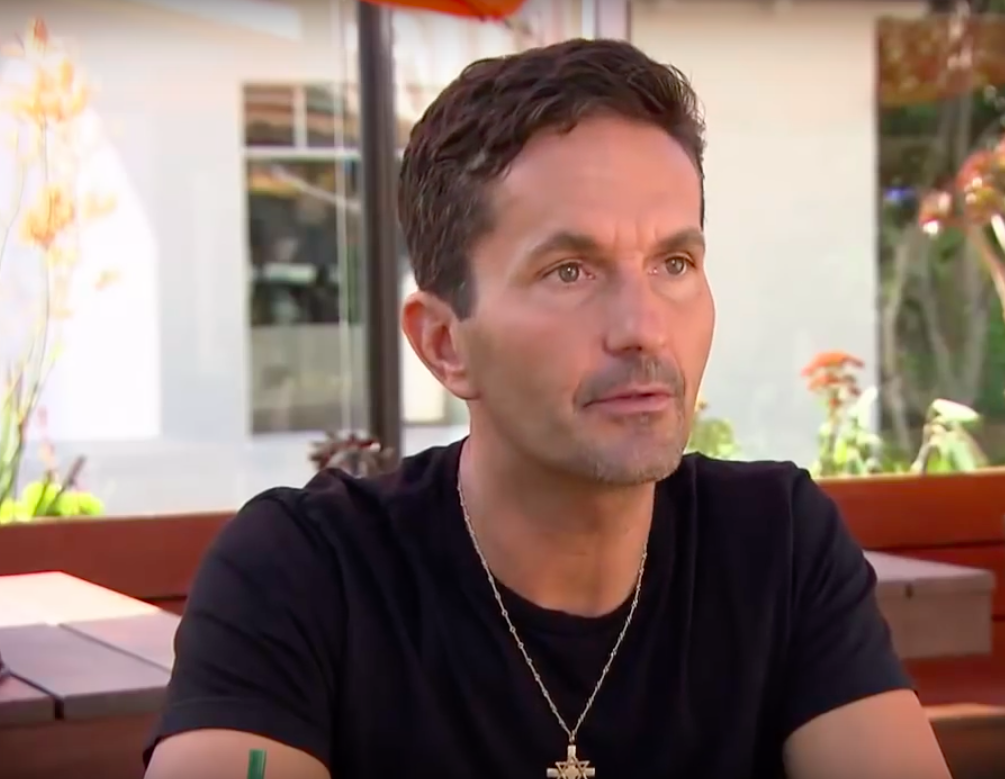
The power of juicing has brought Khalil Rafati from an intentional heroin overdose 15 years ago to sobriety and founding a multimillion dollar empire.
Rafati is the founder of California-based juice company SunLife Organics, which has gained a celebrity clientele including actor David Duchovny and Red Hot Chili Peppers frontman Anthony Kiedis. He chronicled his journey from addiction to recovery in his memoir I Forgot to Die, released last December.
After his heroin overdose, Rafati continued to use and cycled through jail time and homelessness. But in 2003, he finally hit his “bottom of all bottoms” and began to change his life. “There was no more digging left to do; all of my shovels were broken. I was done,” he said in a recent interview with the New York Times.
After getting sober, Rafati opened a Malibu-based sober living residence in 2007 called Riviera Recovery. It was here where he created his first juice smoothie, which went on to become SunLife’s signature drink known as the Wolverine. The drink eventually led to the first SunLife Organics branch in 2011, and five more locations across Southern California.
“It was meant to rejuvenate and strengthen the patients, and give them some much-needed strength,” said Rafati. “Lethargy in early sobriety is pretty brutal, especially if you’re coming off a long run with hard-core drugs.”
Other successful entrepreneurs in the health and wellness field have traversed similar paths. Marcus Antebi, the founder of Juice Press, entered rehab at the tender age of 15. He discovered juicing after getting sober and taking up boxing. Now 47, Antebi’s line of juices is sold at 50 Juice Press stores across the country.
“I had to cut a dramatic amount of weight, and I noticed the older fighters would drink smoothies and juices,” Antebi told People last month. “I felt like I found the fountain of youth.”
Barry Jay, the founder of Barry’s Bootcamp, has been sober since 2004. His chain of more than 20 boutique fitness studios worldwide is the result of taking his addictive streak and channeling it into a healthier outlet.
“The main lesson I’ve learned is that for addicts, the best road to recovery includes traditional rehab, sponsors, and therapy…with fitness,” Jay told Well+Good in July. “A ton of our instructors have been in recovery for years, and we have so many clients who are former addicts.”
Jay added, “When you become sober after such destructive behavior, you get this incredible sense of clarity—how you’re destroying your brain, body, and art—and sweating can become your new natural high.”
